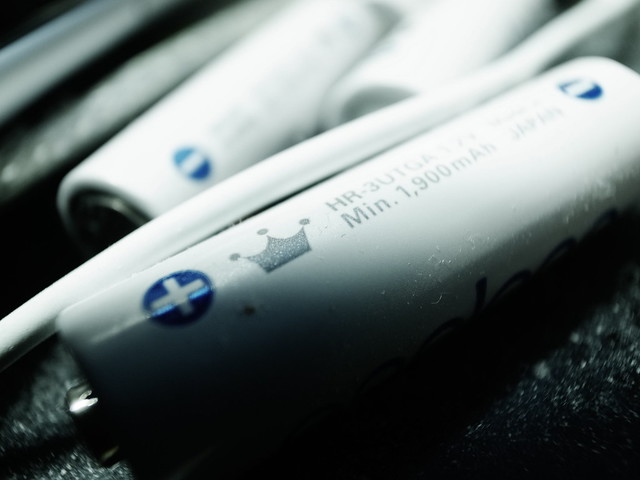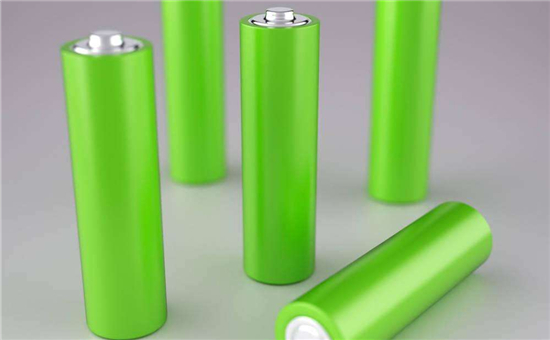Li Ion Battery Freezer – Does Battery Need to be Frozen?
Sep 03, 2019 Pageview:2146
Introduction
Lithium-ion batteries are the latest technological innovation in the battery industry. They are designed and engineered according to a state of the art and cutting edge model. These batteries offer more capacity, higher energy density, longer battery life and even faster recharge rate. Additionally, they require little to no maintenance. Lithium-ion batteries are used to power many electronic devices that we use every day, such as laptops, cell phones, digital cameras and even cars. They are very portable and by far they have made our lives easier. They feature smaller casings that allow them to be smaller compared to their counterparts. They are more expensive compared to other battery chemistries, but still, are the preferred choice of electronic devices manufacturers.
However, despite the longer battery life that these batteries have, consumers, especially heavy users of handheld gadgets want more. People are looking for ways to extend the battery life of their gadgets. Many experts believe that freezing a lithium battery will increase the probability of extending its service life. Here we are going to learn about battery freezing and the effects that has on a battery. Read on to discover more.
What is a li ion battery freezer?
A lithium-ion battery freezer, in very simple terms, is a freezer that is used to freeze a lithium-ion battery. Some researchers have developed an innovative way of freezing lithium-based batteries to optimise their performance and lifespan. The researchers claim that the method can make batteries flexible enough to suit the projected bendy devices in the near future.
This innovative method of freezing lithium-ion batteries is called freeze-casting or ice-templating. This process will enable the experts to control or manipulate the chemical structure of the electrolyte of the lithium-ion batteries. This is projected to allow manufacturers to produce more suitable batteries for electronic devices, especially the handheld ones, as well as grid-energy storage and electric vehicles.
In this age, commercial lithium-based batteries use liquid battery electrolyte which to some extent is very risky due to its highly flammable property. This property has led to the explosion of batteries on some laptops and smartphones manufactured by popular brands. This led some researchers to conduct various studies on how to prevent these incidents from happening by looking for new alternatives. Through thorough research and pursuit of improvement, the researchers explored and looked at the possibilities of replacing the liquid electrolyte with a solid structure. This makes the batteries safer, and hence the method of freeze-casting was developed.
Is it safe to store a li ion battery in the freezer?
There is a lot of conflicting information about storing your lithium-based battery in a freezer. According to one of the researchers who came up with the innovation method of freeze-casting, a professor in Columbia, the use of solid electrolyte on lithium-based batteries not only solves the issues on battery safety, but also it can help increase the energy density of the lithium-based batteries that makes them excellent for transportation and storage applications. The professor further claimed that this innovation shows a greater potential when it comes to manufacturing flexible or bendable devices.
Freezing your lithium-based battery through freeze-casting is safe and it will probably be used for fabricating ceramic solid battery electrolytes that are aligned vertically. This solid structure increases the conductivity of the electrolytes. During operation, the liquid electrolyte of lithium-ion batteries is cooled along with particles of ceramic. What follows is that the ice will grow and then push away as well as concentrate the ceramic particles.
A vacuum is then used to convert the ice into gas and this will leave the electrolyte into an aligned structure which is arranged vertically. Then the structure will be combined with a polymer that ensures it is well supported and is flexible as well.
At this point, this operation is still in development and the researchers announced that they are actually manufacturing a prototype. If they will be successful, then this method will be considered one of the most innovative milestones in the battery industry.
What we have just talked about above is a bit of the technical side and can be hard to understand. However, we can also understand something about how freezing lithium-ion batteries can be beneficial to our electronic devices on a simpler version. It is always advised not to expose lithium batteries to heat or high temperatures because it stresses the batteries. Additionally, subjecting them to a high charging voltage rate leads to stress. Therefore, lithium batteries lose their ability to store charge when they are exposed to high-temperature conditions or even leaving them fully charged for long periods of time. Too much stress on these batteries will greatly reduce the service life of the battery.
However, storing these batteries in low-temperature conditions after charging and keeping them away from exposure to heat will have positive effects on your battery. Storing them in a freezer will eliminate stress which will be very beneficial for your battery.
Can you revive a li ion battery with a freezer?
Before disposing of a lithium-ion battery that appears to have died, you might want to try bringing it back to life first. You can revive your li ion battery by keeping them inside a freezer. You need to understand that lithium in these batteries is always moving and this cause some increase in its temperature. Thus you should keep your lithium-based batteries in normal to cold temperatures. In the event that the temperature of your battery is increasing, just plug it and store it in a freezer to cool down. By doing this you need to make sure the battery is well covered so that it doesn’t get wet while in the freezer.
So how can you revive a li ion battery with a freezer? You should seal the li ion battery in an airtight bag and put it in the freezer for about 24 hours. When the battery is properly sealed it will not get wet. When 24 hours are over, take the battery out of the freezer and leave it for 8 hours to restore it to room temperature. Charge it, and hopefully, its performance will improve and it will take a charge again. Otherwise, you might need to replace it.
Conclusion
You can revive your li ion battery if it appears dead before disposing of it. Sealing the battery in an airtight bag and putting it in a freezer, the battery will not get wet. The battery should be charged afterwards. The battery may accept charge again and its performance may improve. Putting your battery in a freezer is safe and beneficial to your li ion battery.
- Prev Article: Lithium-Ion Battery Power Packs – Daily Questions
- Next Article: Li ion Battery Recall – Why and How?
Leave Message
Hottest Categories
-
Hottest Industry News
-
Latest Industry News











